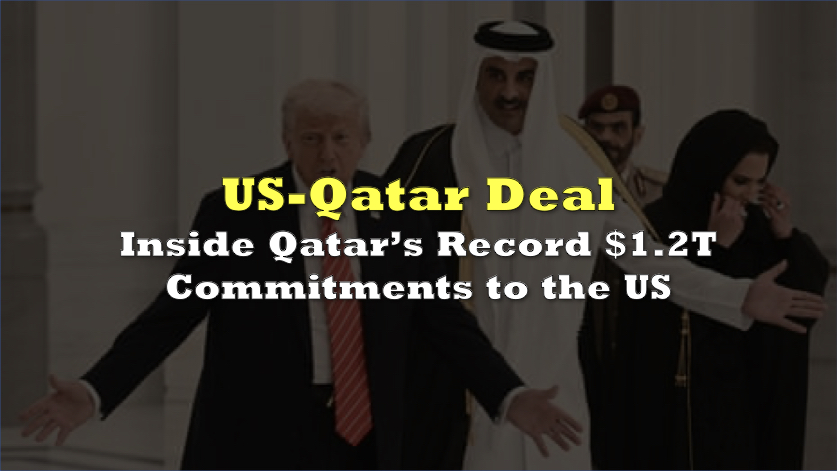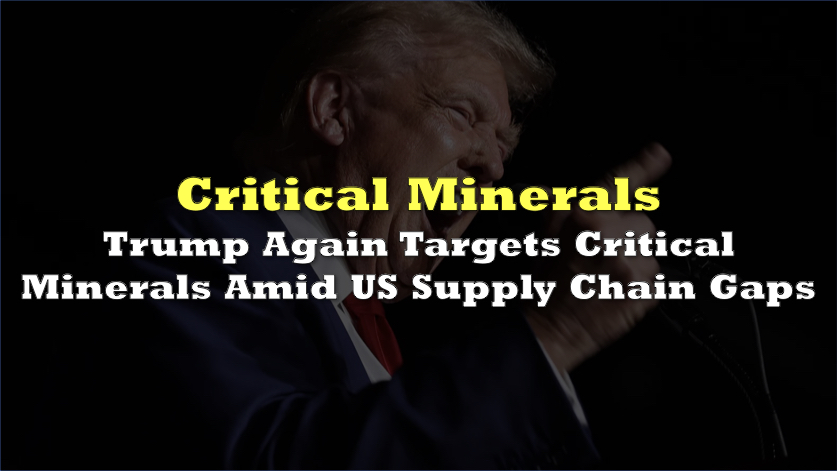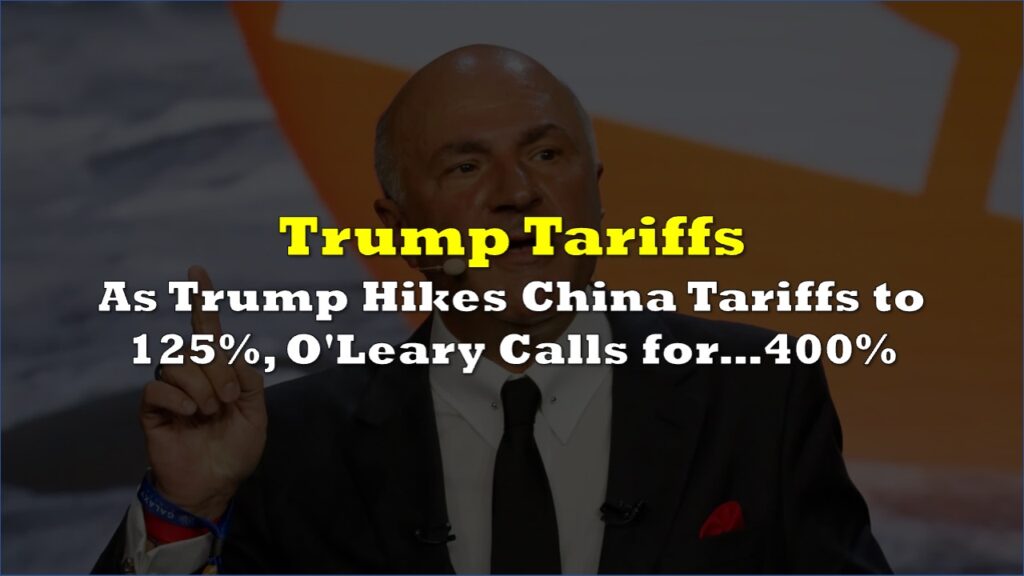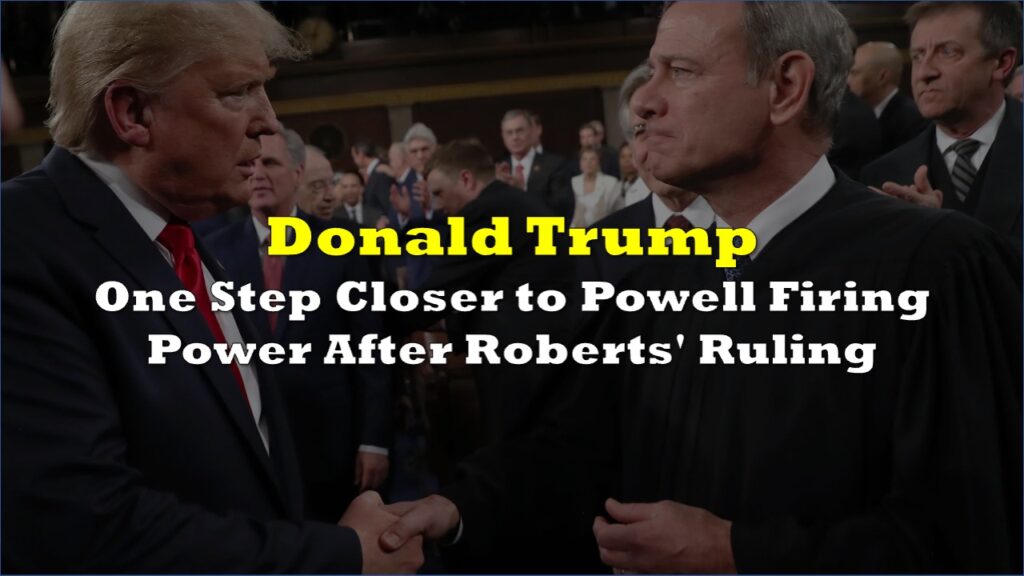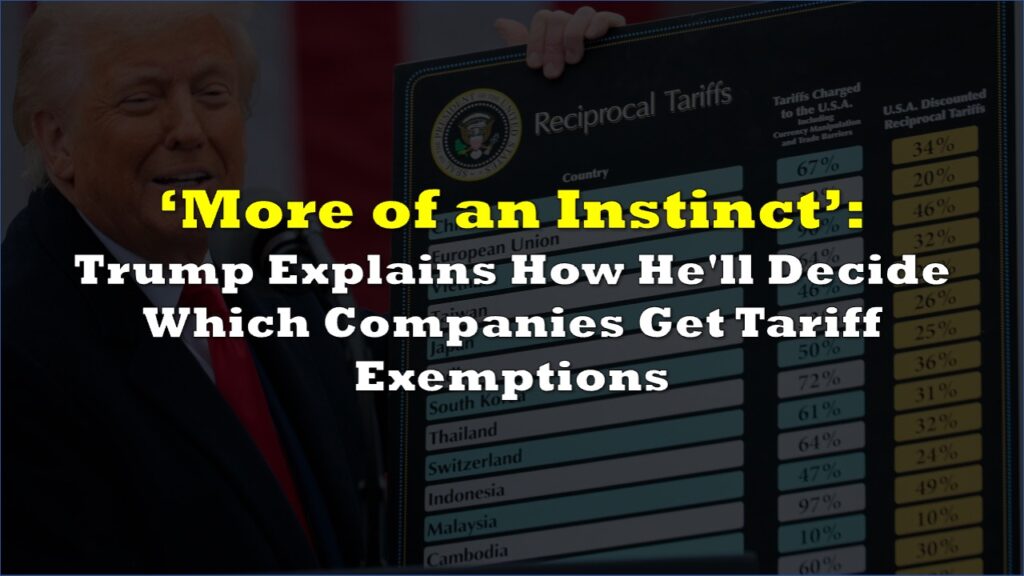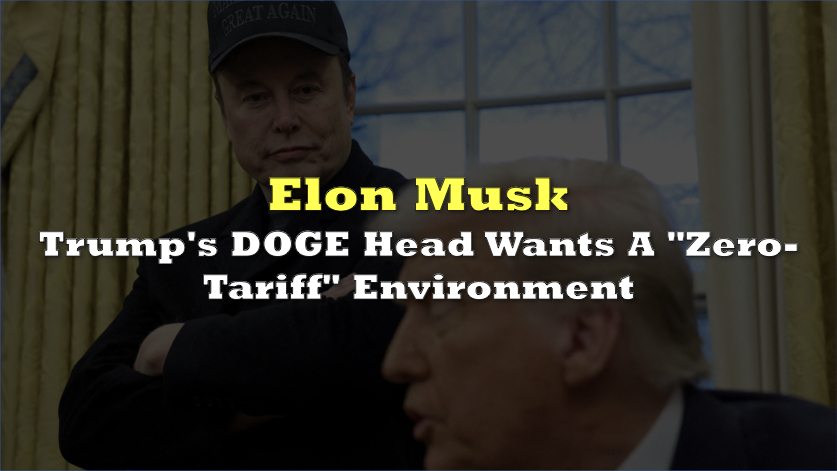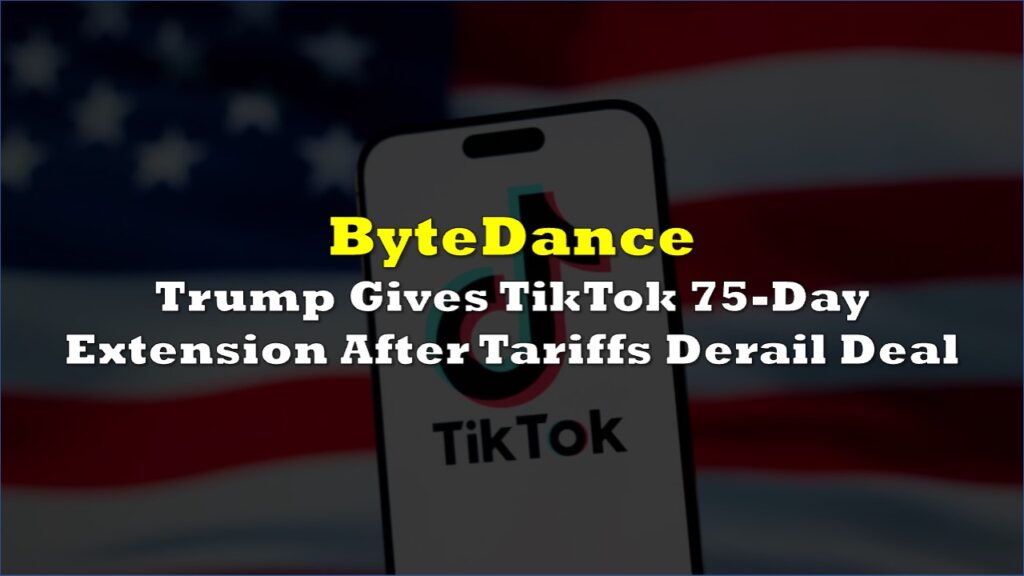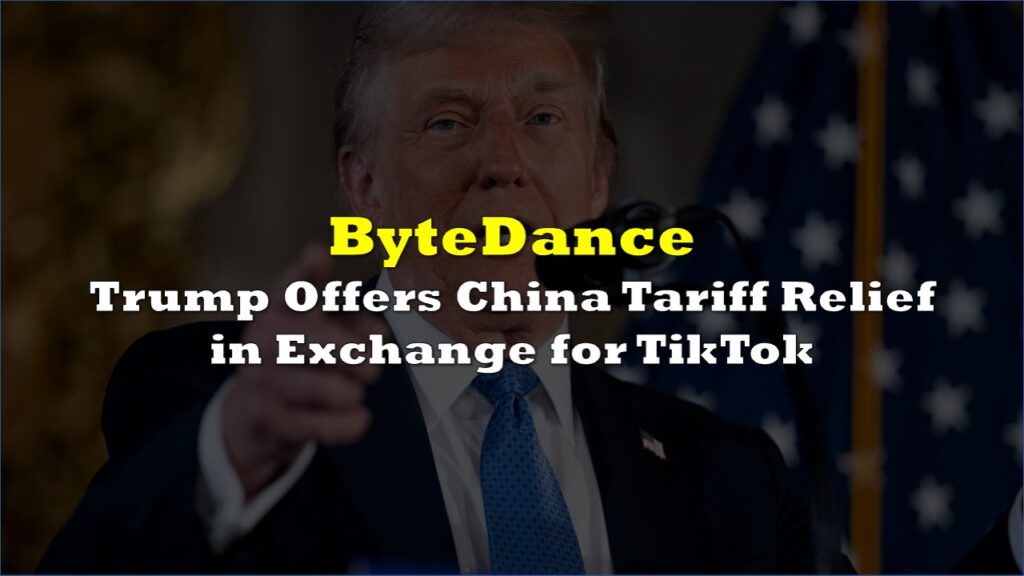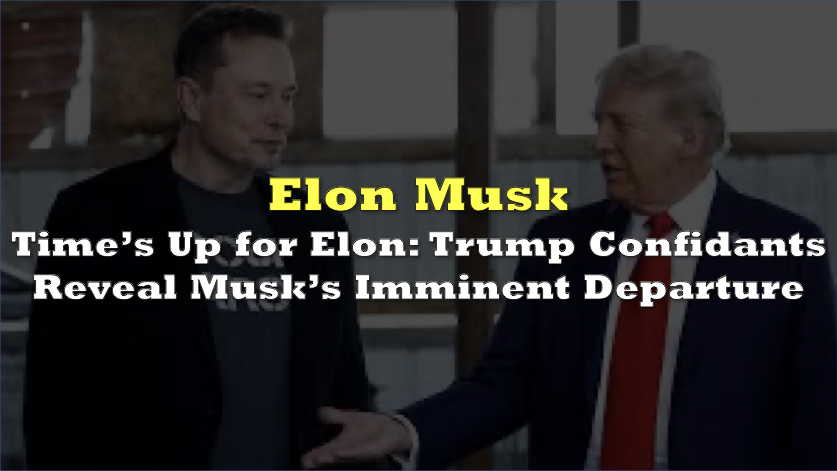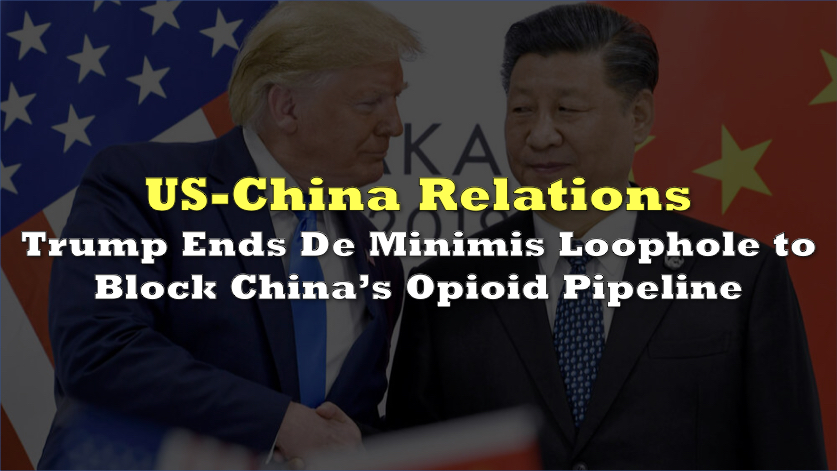Qatar’s multi‐billion‐dollar pledges to the US represent more than a show of economic muscle—they reveal a strategic bid to cement influence in Washington even as questions swirl over foreign interference and security risks.
President Donald Trump’s whirlwind Doha visit yielded headline-grabbing deals: a record 160-aircraft order from Qatar Airways for Boeing jets worth over $200 billion, and a standalone gift of a Boeing 747-8 valued at $400 million to the US Air Force’s presidential fleet. Add to that a promised $10 billion upgrade to Al Udeid Air Base—the Pentagon’s largest Middle East installation—and $42 billion in additional defense purchases, and Qatar’s outlays allegedly total more than $1.2 trillion in commitments, according to a White House fact sheet shared on social media.
🚨 TRUMP SECURES HISTORIC $1.2 TRILLION ECONOMIC COMMITMENT IN QATAR -FACT SHEET
— *Walter Bloomberg (@DeItaone) May 14, 2025
After Trump arrives in Doha, Qatar announces plans to buy 160 Boeing aircraft, largest order in company history. Deal worth over $200B.
— Lucas Tomlinson (@LucasFoxNews) May 14, 2025
These transactions prompted rare bipartisan unease. “Qatar is not allegedly giving President Trump a $400 million jet out of the goodness of their sweet little hearts,” sneered commentator Ben Shapiro, branding the deal “skeezy.” Even Sen. Rand Paul warned that the optics of accepting such largesse risks “cloud[ing] our ability to judge [Qatar’s] human rights record,” while Sen. Ted Cruz cautioned the gift posed “significant espionage and surveillance problems.”
Qatari Prime Minister Sheikh Mohammed bin Abdulrahman bin Jassim Al-Thani pushed back: “It is a government-to-government transaction… It has nothing to do with personal relationships—neither on the US side, nor the Qatari side… Why would we buy influence in the United States?” he told CNN.
The US Constitution bars officials from accepting “any present… from any King, Prince, or foreign State,” yet White House counsel Pam Bondi cleared the 747 gift as free of explicit conditions. Critics note Bondi’s prior lucrative lobbying arrangement with Qatar—which paid up to $115,000 a month—while Qatar’s ongoing development of a luxury golf resort with the Trump Organization adds fresh layers to potential conflicts.
Beyond optics and legality, Qatar’s commitments unlock broader implications: they recalibrate Gulf security architecture, buttress US defense infrastructure, and signal to rival powers—chiefly Iran—that Doha is a pivotal US ally. The infusion of $10 billion into Al Udeid alone could redefine logistics and deterrence in the region.
Qatar’s unprecedented economic overture is as much a diplomatic chess move as it is a defense pact—one that may shape Gulf-US relations long after the headlines fade.
Information for this briefing was found via BBC, Reuters, and the sources mentioned. The author has no securities or affiliations related to this organization. Not a recommendation to buy or sell. Always do additional research and consult a professional before purchasing a security. The author holds no licenses.

